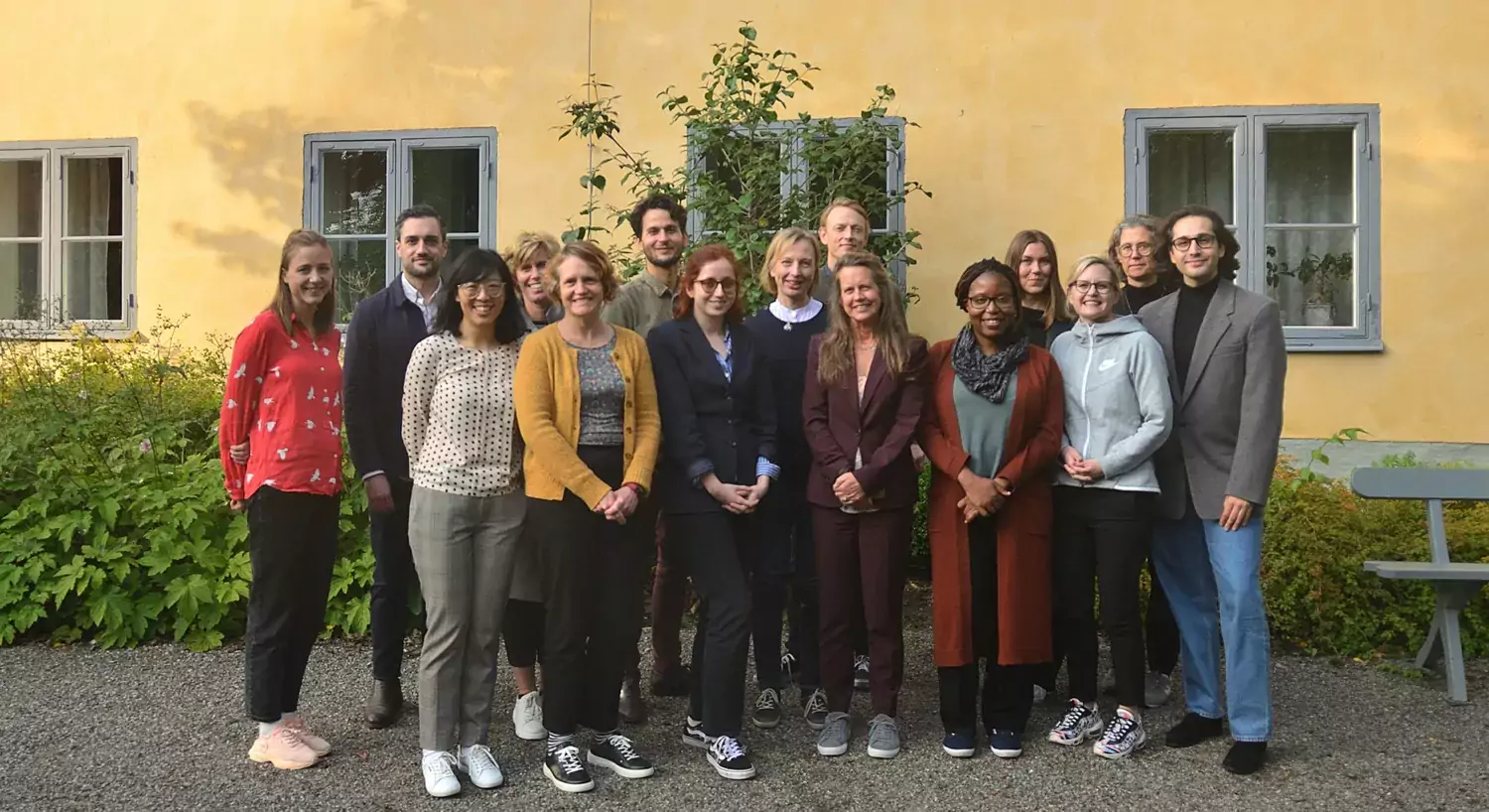Our research
Our pediatric and respiratory epidemiology research group is multidisciplinary and members contribute with expertise in pediatrics, epidemiology, physiology, psychology, molecular genetics, biostatistics, public health and clinical trials. We have up-to date population-based health linkages, clinical cohorts, genetic data and infrastructure in place. We also have several international and national collaborators in academia and with the health care and authorities.
Appeasing the wheezing
The overall purpose of our ongoing research project Appeasing the wheezing is to understand causes and consequences of respiratory and allergic disorders and its comorbidity to neuropsychiatric, affective, autoimmune and other inflammatory disorders, as well as how genetic and early environmental factors contribute to the associations.
This will be accomplished by combining the national health-, sociodemographic- and quality registers with questionnaire data and biomarkers in the Swedish Twin Registry using novel analytical methods and innovative study designs. More information can be found on our ongoing study page here.
The twin study STOPPA
In the Swedish Twin study On Perinatal characteristics to Prevent Asthma, STOPPA, we study environmental and genetic factors as determinants for asthmatic disease.
Based on parental interview at 9 or 12 years in the Child and Adolescent Twin Study in Sweden (CATSS), we identified monozygotic (MZ) and dizygotic (DZ) same-sexed twin pairs with and without asthma. A cohort of 752 (376 twin pairs) 9- to 14-year-old twins and their parents were invited to participate in a clinical examination. More information on the STOPPA study can be found here.
Born into Life
The purpose of Born into Life is to investigate how conditions before pregnancy, during fetal life and the first years of life affect growth and health later in life. By collecting information about genetic predispositions, environmental exposures and lifestyles, unique opportunities are provided to shed light on risk factors for diseases as a basis for preventive measures.
The study participants in the Pregnancy Study were recruited from participants in the LifeGene study who became pregnant. The women were examined on two occasions during pregnancy (questionnaires, saliva, blood and stool samples) and in connection with childbirth. Their children were then recruited into the Birth Cohort, and examined (questionnaires, height and weight, blood sampling, stool and saliva) at 6, 12 and 24 months of age and at 5-6 years of follow-up when lung function testing was also performed. More information on Born into Life can be found here.
MAESTRO and MAESTRO-CHILD
In the Maternal Asthma Events, STRess and Offspring, MAESTRO study, we are interested to understand the factors related to the health of mothers with and without asthma during their pregnancy, delivery and in the postpartum period.
In total 1693 women were recruited the MAESTRO-study in the years 2013-2019. Questionnaires and saliva samples were collected from the women in early pregnancy (pregnancy week 8-12), towards the end of the pregnancy (pregnancy week 28-32) and 6 months after delivery. Data was collected from the women’s medical notes and the sonography results from the antenatal/midwife clinic and from delivery. We also measured lung function using spirometry in 250 study participants during and after their pregnancy.
In the MAESTRO-CHILD study we are following up the children born to the mothers who participated in the MAESTRO study. More information on the MAESTRO and MAESTRO-CHILD studies can be found here.
MANTRA - Internet-delivered cognitive behaviour therapy for asthma-related anxiety
In the MANTRA studies, we investigate whether cognitive behavioral therapy (CBT) can be helpful in reducing anxiety and everyday obstacles related to asthma. The goal is to develop an effective internet-mediated CBT (Internet-CBT) that can give many people with asthma and anxiety access to good treatment.
Recruitment is ongoing, more information (in Swedish) can be found here.

